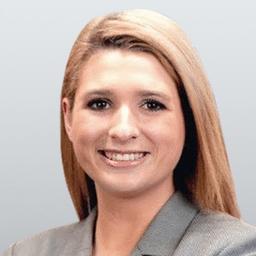Christian colleges and universities are seeing an increase in enrollment despite the national enrollment rate of college students being on a decline, higher education experts told the Daily Caller News Foundation.
‘The Great Awakening’: While Students Flee Public Universities, Christian Schools Are Only Getting Bigger

BlurryMe/Shutterstock


